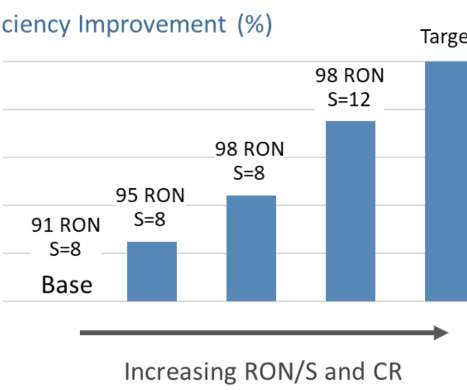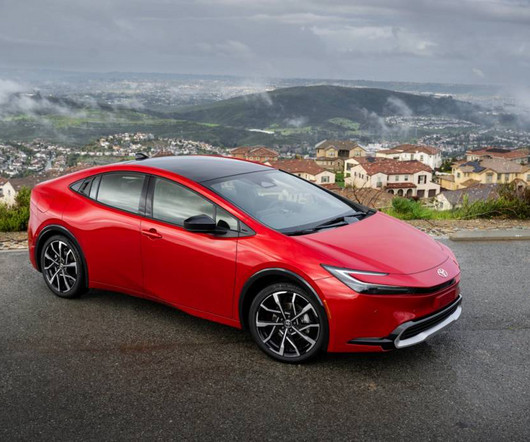Opel presents new midsize gasoline engine at Aachen Colloquium; fuel consumption down 13%, torque and power up 33%
Green Car Congress
OCTOBER 16, 2012
Opel revealed more details about its new mid-size gasoline engine family at the Aachen Colloquium in Germany. liter, four-cylinder, SIDI (spark ignition direct injection) ECOTEC Turbo engines, which begin Opel’s renewal of its powertrain portfolio, deliver improved fuel consumption, performance and refinement. SIDI engine.




















Let's personalize your content